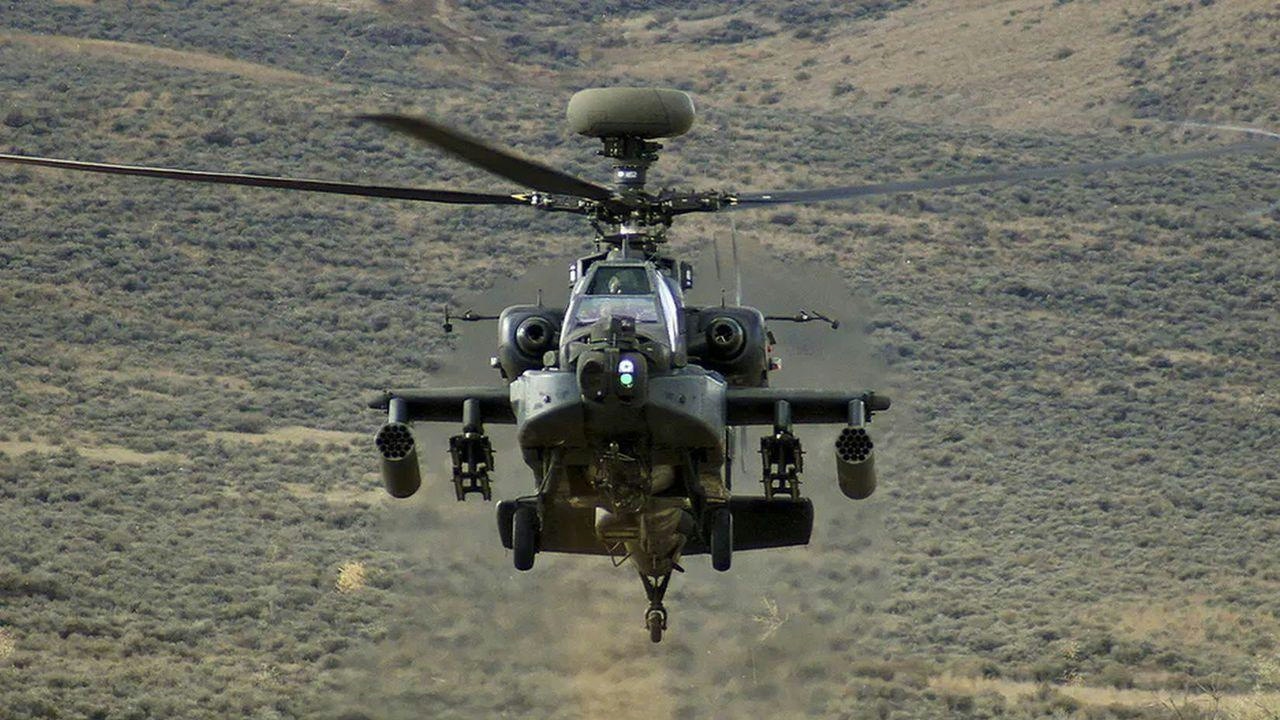AeroGenie — Seu Copiloto Inteligente.
Tendências
Categories
South Korea to Cancel AH-64 Apache Helicopter Order Amid Budget Cuts

South Korea Cancels AH-64 Apache Helicopter Order Amid Defense Budget Cuts
South Korea has announced the cancellation of its planned acquisition of 36 additional Boeing AH-64E Apache attack helicopters, a decision driven by significant defense budget reductions and a strategic reassessment of military modernization priorities. This development comes nearly a year after the United States approved the $3.5 billion sale, reflecting increasing skepticism about the cost-effectiveness and operational relevance of crewed attack helicopters in contemporary warfare.
Budgetary Constraints and Strategic Reassessment
The National Assembly’s recently approved supplementary budget drastically reduced funding for the Apache project from 10 billion won ($7.3 million) to a mere 300 million won ($217,880), according to opposition lawmaker Yoo Yong-won of the People Power Party. The remaining funds are expected to be redirected toward other defense initiatives, with a particular emphasis on emerging technologies such as unmanned aerial systems and drone platforms.
This decision follows a formal review initiated by South Korea’s Joint Chiefs of Staff in May 2025, which evaluated alternatives to expanding the Apache fleet. Defense officials cited shifting battlefield dynamics, especially insights gained from the Russia-Ukraine conflict, as critical factors in questioning the future role of attack helicopters. Yoo described the review as a “positive development,” highlighting the U.S. Army’s own strategic pivot toward unmanned systems like the MQ-1C Gray Eagle.
Implications for South Korea’s Military Capabilities and Regional Defense
The canceled order would have doubled South Korea’s Apache fleet to 72 aircraft, replacing aging AH-1S Cobras and significantly enhancing the Army’s attack helicopter capabilities. The initial acquisition, completed in 2017, included 36 AH-64Es equipped with advanced targeting, fire control, and countermeasure systems. The new order, approved by the U.S. State Department in August 2024, was to include additional engines, targeting sights, and support equipment.
Boeing executives have defended the Apache’s advanced capabilities and its integration with unmanned platforms. Nevertheless, South Korea’s Ministry of Defense remains concerned about escalating costs and the operational efficiency of expanding its helicopter fleet.
The cancellation is expected to have broader ramifications. South Korea’s shift toward alternative technologies, particularly drones, may delay aspects of its military modernization and prompt neighboring countries to reconsider their own defense procurement strategies, potentially influencing the regional defense market. In the short term, industry observers anticipate fluctuations in the stock prices of companies like Boeing, while competitors may intensify efforts to promote their own helicopter models or alternative defense solutions.
As South Korea reallocates resources toward next-generation defense systems, this move underscores a broader trend in military planning: adapting to rapidly evolving threats and technological advancements on the modern battlefield.

Factors Positioning Airbus for Leadership in 2026

Emirates Unveils Cabin Design for New Boeing 777X

Eighteen Years On, the Airbus A380 Remains Central to a $34 Billion Airline

How a boom in luxury airline seats is slowing down jet deliveries

Navitaire Outage Attributed to Planned Maintenance

Airbus Plans Record Delivery of 870 Aircraft in 2026

DigiYatra Debuts Outside Aviation at India AI Impact Summit

Vietnam Orders Strengthen Boeing’s Commercial Outlook

Airbus Signals Uncertainty Over Future A400M Orders

JobsOhio Awards $2 Million Grant to Hartzell Propeller for Innovation Center
